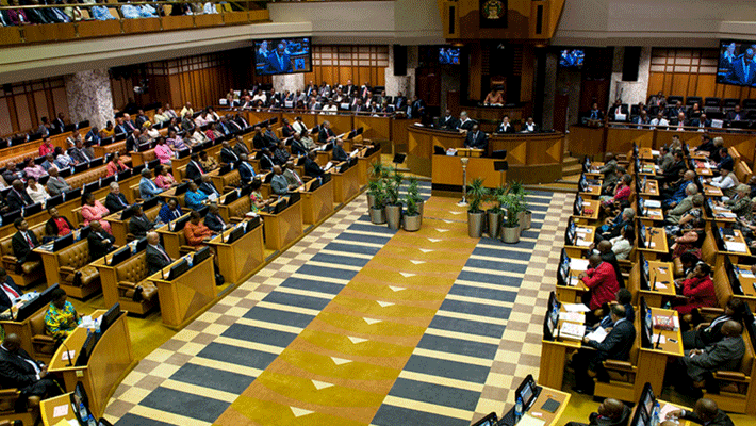The Deputy Speaker of the National Assembly, Lechesa Tsenoli, has appealed for the retention of experienced and skilled parliamentarians, specifically public accounts committees, after elections. These committees including the Standing Committee on Finance, Appropriations and the Standing Committee on Public Accounts monitor state spending.
Tsenoli made his appeal at the recent Southern African Development Community Organisation of Public Accounts Committees peer review meeting. This body represents Public Accounts committees from 15-member countries in the region and nine South African provincial legislatures.
To bolster accountability and ensure continuity, a sensible decision will be to retain MPs with the experience and skills in committees dealing with the public purse.
Tsenoli says while democratic processes, like elections, should be respected it is important for political parties to find ways to retain people with the proper skill sets and expertise.
“So when they come back after elections, then we don’t have to do as much training. Instead they can contribute to the training themselves. Of course, democratic changes are necessary, and this is why we talk about continuity on the one hand and appropriate changes on the other. Because we also can’t retain people who, for whatever reason, may not have been able to go through the election process successfully. But parties have a big hand in ensuring that they can return the best of their members, especially in public accounts committees. Public resources are important and to the relationship we have with the masses and citizens who would like to see resources managed sustainably, responsibly and in manner that gives them trust that we can manage their affairs appropriately,” says Tsenoli.
Crucial skills
The Standing Committee on Public Accounts, the only committee traditionally chaired by a member of Parliament (MP) from the opposition looks at how government departments and its entities spent their money.
A member of the committee and a senior Democratic Alliance (DA) MP, Alf Lees, explains the crucial skills and experience needed to serve on a committee like this.
“Members not only need to be experienced, and that should be supported, but members of public accounts committees are required to have skills in line with public accounts and must have clean, clear record in terms of ethics and values. Key factors that should come into play when members for public accounts are selected,” says Lees.
Two sides to a coin
Another SCOPA member from the Economic Freedom Fighters (EFF), Veronica Mente, says there are two sides to the coin.
“It’s good for internal memory however it has own neg implication where members from the ruling party which from time to time intervenes on procurement processes, therefore not good idea to have same people in scopa because they may be conflicted and have interest of certain group over interest of the state,” says Mente.
Economist at the Efficient Group, Dawie Roodt, says the retention of skills inside government can be managed more efficiently.
“It is something we couldn’t crack so far, to get civil servants and politicians are civil servants, that are good at what they are doing. So yes, I agree we have to get civil servants that are good at what they are doing and that means that we have to appoint members of parliament to start of…that are competent and efficient at what they are doing and I am afraid looking at the quality of our political leadership and bureaucrats, we don’t have that, quite often. The emphasis should be on merit, we need to get more competent people to run the state on our behalf,” says Roodt.

